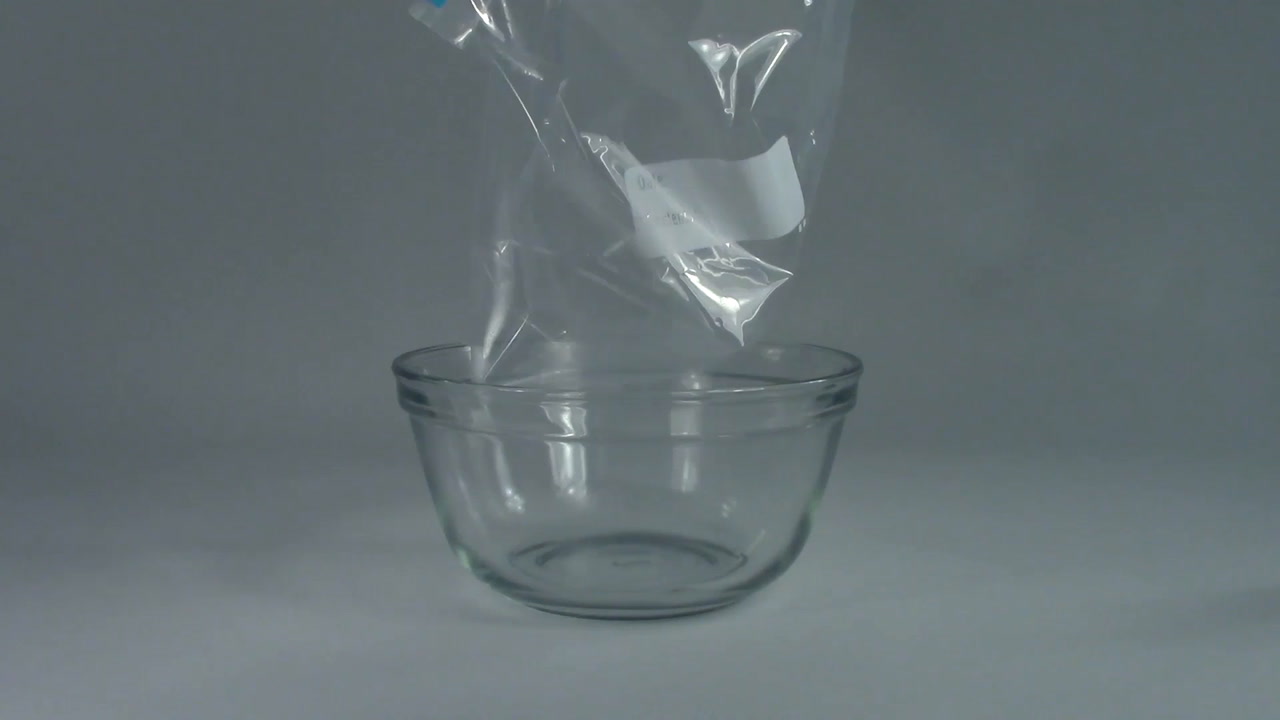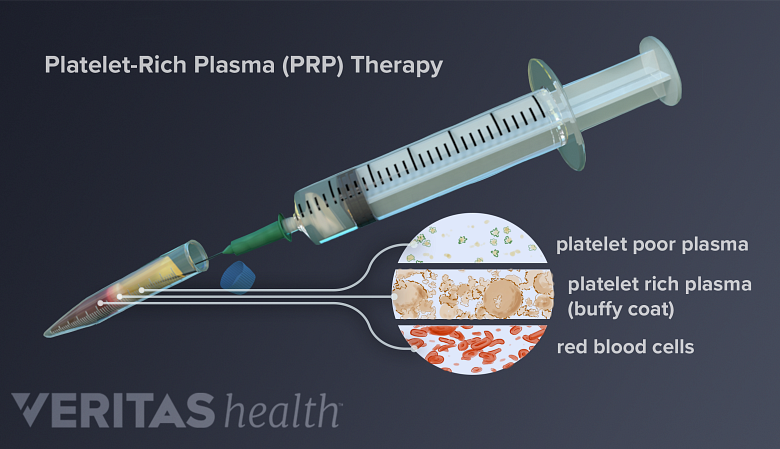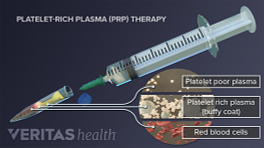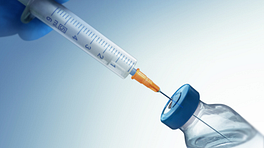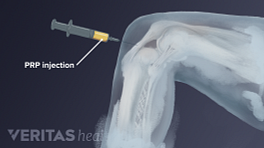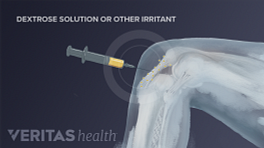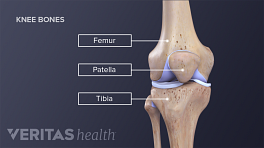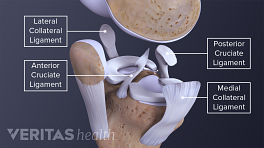Both nonsurgical and surgical treatment options may be used to treat injuries to the knee’s medial collateral ligament (MCL). The majority of people recover using nonsurgical treatments. 1 Phisitkul P, James SL, Wolf BR, Amendola A. MCL injuries of the knee: current concepts review. Iowa Orthop J. 2006;26:77-90. In some cases, such as severe tears in elite athletes or people with multiple knee ligaments injuries, surgery may be recommended.
In This Article:
- Medial Collateral Ligament (MCL) Tears and Sprains
- Symptoms of MCL Sprains and Tears
- MCL Sprains and Tears: Causes and Risk Factors
- Diagnosing MCL Sprains and Tears
- Treatment Options and Recovery for MCL Sprains and Tears
Nonsurgical Treatment Options for MCL Tears or Sprains
Most everyone who has an MCL injury will be advised by a health care professional to follow the RICE method:
- Rest. Activities that irritates the knee, such as pivoting and walking for long periods of time, should be avoided until the symptoms get better.
- Ice. A person may be advised to apply ice packs to the knee to help reduce swelling and decrease pain.
- Compression. Wearing a tight, elastic bandage around the knee can help stop swelling.
- Elevation. Keeping the knee propped up above the waist can help decrease swelling.
See The P.R.I.C.E. Protocol Principles
In addition to the RICE method, a person may be advised to:
- Take a non-steroidal anti-inflammatory medication (NSAIDs), such as ibuprofen or naproxen.
- Wear a knee brace that allows the knee to move forward and backwards but restricts side-to-side movement.
- Exercise to restore range of motion and increase strength. These exercises typically include gentle stretches and strengthening exercises. People may also do upper body workouts and swim in order to keep up general conditioning. Some people may work with a physical therapist for guided treatment.
- Use crutches to avoid weight-bearing. Crutches are not needed in all cases.
Generally, a doctor will determine which nonsurgical treatments should be used based on the severity of the tear or sprain.
MCL Tear or Sprain Nonsurgical Recovery Time
It can take anywhere from a few days to 8 weeks for an MCL injury to heal and a person to return to normal activities and sports. Generally, the timeline is determined by the severity of the injury, although this is not true for every person.
- Grade I (sprain or overstretched) tears will typically heal within a few days to a week and a half
- Grade II (partial or incomplete) tears may take 2 to 4 weeks to heal
- Grade III (full) tears can take 4 to 8 weeks to heal
If a grade III tear is accompanied by another injury the healing process can take longer, and/or surgery may be recommended.
Platelet Rich Plasma for MCL Tears
PRP uses the patient's blood to repair damaged tissues like cartilage, tendons, ligaments, and muscles.
Platelet-rich plasma (PRP) treatment, a form of regenerative medicine, may be recommended to people with high grade MCL tears. There are no long-term, robust studies done on the effectiveness of PRP injections for MCL tears; however, some people have seen positive results. 2 Eirale C, Mauri E, Hamilton B. Use of platelet rich plasma in an isolated complete medial collateral ligament lesion in a professional football (soccer) player: a case report. Asian J Sports Med. 2012;4(2):158-62. PRP is not considered standard practice and is typically not covered by insurance.
Surgery for an MCL Tear
Surgery for MCL injuries is uncommon and typically is only recommended for:
- Elite athletes
- People with multiple knee ligament injuries
- People who have persistent knee instability, even after nonsurgical treatment has been attempted
If surgery is recommended, a surgeon will either:
- Reattach the torn portion of the ligament
- Reconstruct and/or augment the ligament using a graft
An MCL graft can be constructed with a piece of tissue from elsewhere on the patient, such as the hamstring tendons, or from a donor.
MCL surgery is generally performed through small open incisions on the inner (medial) knee.
Recovery time from surgery will depend on the severity of the injury, the type of surgery performed, and other factors, such as age and overall health. MCL surgery recovery often involves a dedicated physical therapy regimen that includes strength and coordination training to improve knee functionality and range of motion.
- 1 Phisitkul P, James SL, Wolf BR, Amendola A. MCL injuries of the knee: current concepts review. Iowa Orthop J. 2006;26:77-90.
- 2 Eirale C, Mauri E, Hamilton B. Use of platelet rich plasma in an isolated complete medial collateral ligament lesion in a professional football (soccer) player: a case report. Asian J Sports Med. 2012;4(2):158-62.
